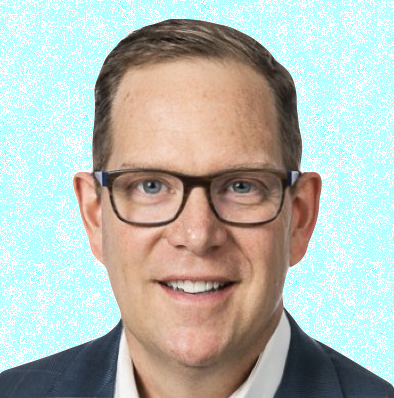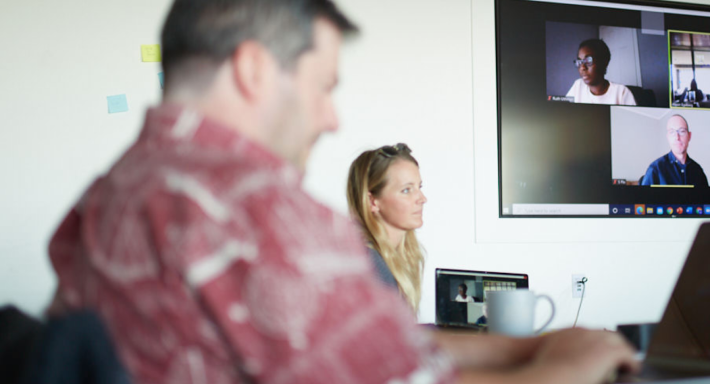
WHY I STARTED FINTECHFORCE
Lasting connections and excellent, cost-effective solutions
Dan Rogers, CEO
Accounting is difficult. It’s more difficult for startups.
And, unsurprisingly, it’s probably the most difficult for fintech startups – companies that can start with stellar tech while having their fin play catch up.
Our customers, by definition, are all expanding extremely fast in a fast-changing field. If they’re succeeding, and thankfully most of them are, they are expanding. Under such conditions, their accounting needs also grow large, and they become more complex when, for example, there are multiple entities in different countries and transactions in lots of different currencies.
I have been working as a contract CFO for about 13 years now. Helping someone get their financial ducks in a row always made me happy.
A year ago, I realized that what I’m really good at is building people’s companies. And so I started a business to do precisely that and to bring other people along to offer multiple services to fill those complex accounting needs. After all, fintech startups need more than just planning and advice – they need hands-on support with AP, AR, Payments, and other day-to-day stuff.
Knowing all of this, of course, I saw an opportunity for my success, but a big part of it is also the success of my customers – really wanting them to be successful.
I like working with these companies because they’re truly dynamic people. And the work is anything but boring. To be frank, I haven’t done a boring day of work in 15 years.
Fintech startups struggle with the accounting that is specific to their business.
With products like loans or insurance or payments, the accounting that they do for those individual products tends to break.
Unfortunately, the data that supports their accounting is almost always an afterthought. It’s commonly a “build product first, grow customer base second, think of the details later” kind of approach. Their investors rarely agree with the sustainability of such an approach, and that’s where outside help comes in.
When we go in and try and help a new client out of a jam, it almost always starts with getting the data right. And once the underlying data is resolved, the accounting starts to become easier.

The Secret
The secret is that accounting is basically like Maslow’s pyramid.
At the base of the pyramid are really smart and capable people. If you don’t have those, you don’t even get to start. The next level up is data and accounting policies. And then the next level up after that is the actual accounting.
If you try and do accounting, and you don’t have the data, and you don’t have policies, and you don’t have good people, you end up with really terrible accounting. And above accounting can be planning and pricing and the interesting stuff for founders.
We have so many clients that just want to go do the exciting stuff and need us to take care of everything below it. And so what we do is we try and offer the base of the pyramid on day one, and then help them build the other layers.
What we think about as a business is how can we help people with their data and their policies? How can we help them with two layers instead of just one?
In a nutshell, what we provide is outsourced financial management, including payroll, AP, accounting, strategic finance, and a whole list of necessary services.
Ultimately, that means FintechForce is providing leadership, which takes time and commitment to deliver.
So, generally speaking, for the younger clients that are smaller, we try and stay out of their way and just do the accounting. We wait until they get a little bigger before we recommend spending more time providing leadership – in part because the finance team is responsible for building projections and being objective.
We have to think about the safety of the business.
And if you’re a startup, you don’t need safety, you need to go all over the place and find out what is perfect and what works and what sells. So, we try not to push or restrain too much early on. But as they grow, it’s clearly an element that is needed.
And we do the work for our clients through all the stages for half the cost that they could. We might have seven people working for a client, and each of those seven people is an expert in their domain, whether it be payroll or accounts payable or reporting or reconciliations.
So, we try and keep things at a very high level in terms of quality by having a large group of specialists each working on their particular part, which is not something a company could ever replicate in-house.
I mean, at the end of the day, I think that I’d like to look back and say that our company made a difference in offering affordable financial services to companies, to people. And I’d like for a smart bunch of accountants to be part of the solution instead of admin overhead.

